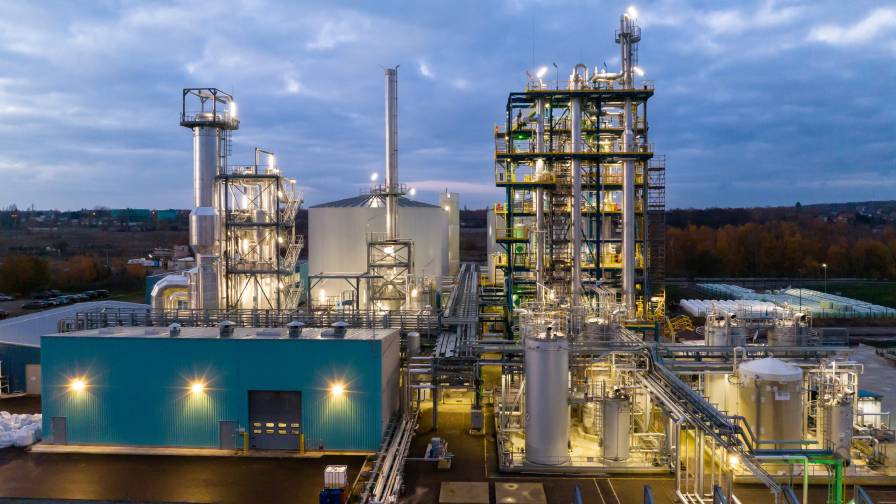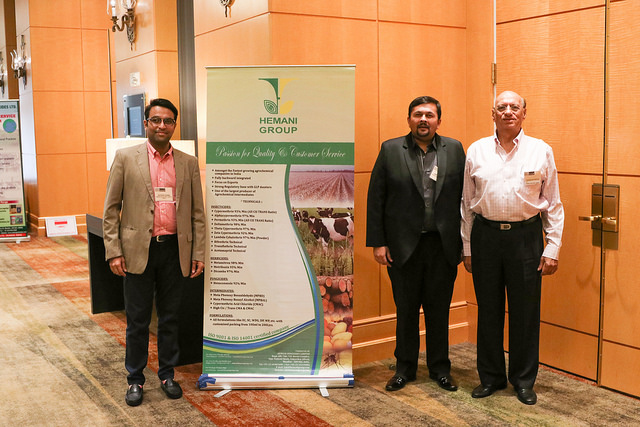India’s Hemani Industries Forges New Partnerships
“Hectic” is a word you could use to describe Hemani Industries’ experience at the AgriBusiness Global Trade Summit 2018. The company, which has seen 40% growth over the past three to four years, reported a packed schedule as prospective buyers seek out new supply sources and partnerships.
“I think a lot of customers are looking to India to secure a second source for products. In the next two or three years, we will see a lot of new investments and new capacity in India,” Jayesh Dama, Managing Director, said as the Trade Summit wrapped up on Aug. 2.
“The clean-up in India already happened eight years back, so all of the polluters already stopped. What we will be left with is an equal number of good companies, there (in China) and here. I think that is good for the industry, because there will be at least two countries that are strong enough in a lot of the products,” Dama says.
Many companies that can no longer get certain products in China due to shutdowns and shortages are now coming to Hemani, a leader in pyrethroids, according to Dama.
Not only are its customers looking for new sources, they are also looking for partnerships.
“The situation has changed completely. Before we used to market our products, but now customers are looking for a long-term arrangement in India, like a contract manufacturing model,” says Amit Momaya, Regional Head – International Business. “I think customers are tired of having so much inconsistency in supply. There’s a mystery of what’s going to be available and what’s not, so they want to go into a partnership so they’re assured of supplies, and hopefully, prices. That is going to benefit Hemani as well as India.”
For many products that never used to be made in India previously, companies like Hemani are now gearing up to fill the gaps left by China. “We don’t want to be dependent on China, but some products will continue to come from China, and some products where it makes economic sense, people are starting to put those investments in place in India. Both the countries are going to play a very important role in the agrichemical business going forward,” Momaya explains.
This year, Hemani opened a state-of-the-art formulation plant in Gujarat, as well as a deltamethrin plant. “In the future, you can expect India to offer more developed solutions,” Momaya adds.
The company exports the vast majority of its products, but this year it launched a branded domestic business. In the future, Dama expects around a 60/40 split between exports and domestic sales.
Dama highlights some more of the key shifts he has seen in agchem production:
- Dicamba, which has typically been a Chinese product, is now being produced by three or four companies in India.
- Bifenthrin never used to be produced in India except by one company, and they too used to import the raw materials. Hemani will open a bifenthrin plant by December 2018.
- It also plans to add lamba-cyhalothrin to its manufacturing line-up. Raw materials for that insecticide, which were never formerly produced in India, are shifting to Indian manufacturing sites. “India might be a source of lambda-cyhalothrin in the future.”
- 2,4-D and sulfentrazone are also targets for the company. “There are some herbicides also coming up like sulfentrazone, where India is looking really good. It’s exciting times for India in the next five years.”








